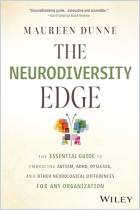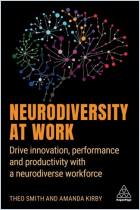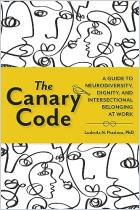Jenara Nerenberg uses personal narratives, scientific data and expert testimony to examine the discrimination that women with ADHD, autism and extreme sensitivities face daily. She dissects how the world favors so-called “normal” individuals with their “neurotypical” brain functions. Nerenberg makes the case for neurodiversity, a movement celebrating the wide range of brain processes and perceptions. Her insightful and empowering book provides solutions and suggestions to benefit everyone.
Employers are more likely to fire “neurodivergent” employees.
Work history is a thorny topic for author Jenara Nerenberg. During her 20s, she was fired from a journalism post. She launched a freelance career and flourished while self-employed. Next, she accepted a position as a senior editor, but her pink slip arrived after only six months. Her brain fog played a role in that termination. Twelve months later, an artistic organization hired her, but administrative chores overwhelmed her, and she lost her job in four weeks. Experiencing puzzlement, she sought answers.
Her search brought her to “neurodiversity.” Nerenberg realized that, like other neurodivergent people, she was more likely than “normal” employees to endure termination from traditional workplaces.
“Neurodivergent” describes people who process sounds, sights, smells and tactile information differently than the general population. Individuals classified as neurodivergent include those with Asperger’s and other forms of autism; attention deficit hyperactivity disorder (ADHD); and sensory processing disorder (SPD), among many other traits.
Workplaces, schools and other societal structures...

















Comment on this summary